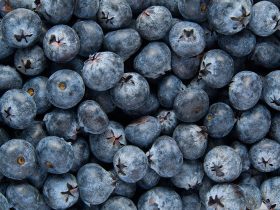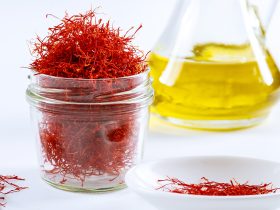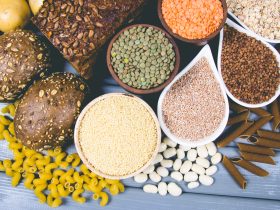A recent study suggests that multivitamin use could be a valuable addition to the arsenal against invasive breast cancer. The research reveals compelling evidence that postmenopausal breast cancer patients who regularly consume multivitamins containing minerals may experience a 30 percent lower mortality rate compared to those who do not take such supplements.
This study was carried out in collaboration with the Women’s Health Initiative Clinical Trials and the Women’s Health Initiative Observational Study.
The impact of multivitamins and mineral supplements on breast cancer patients has been debated recently, with various studies yielding mixed results. However, this study boasts one of the largest participant cohorts, rendering its findings more dependable. Sylvia Wassertheil-Smoller, the lead author of the study and a professor emerita of epidemiology and population health at the Albert Einstein College of Medicine of Yeshiva University, emphasized the need for further investigation. She remarked, “It’s evident that we require more comprehensive research in this area. There are many uncertainties, and mainstream research should delve deeper into this topic.”
No Shift in Treatment Recommendations as of Yet
The Women’s Health Initiative initiative enrolled 161,608 postmenopausal women aged 50 to 79 at 40 clinical centers across the United States between 1993 and 1998. The latest study specifically honed in on a subgroup of just over 7,700 participants diagnosed with invasive breast cancer during the initial study period, signifying the cancer had spread into the breast tissue. These individuals were then tracked for an average of seven years.
Approximately 38 percent of the women who developed invasive breast cancer during the initial study had been using multivitamins and mineral supplements containing a blend of 20 to 30 vitamins and minerals. Most had incorporated these supplements into their routine before being diagnosed with breast cancer, as per the research.
Researchers involved in the study carefully considered additional factors such as race/ethnicity, body weight, depressive symptoms, alcohol consumption, physical activity, age at breast cancer diagnosis, and diabetes. Even after accounting for these factors, the reduced risk of death persisted, as indicated by the study’s authors.
Dr. Sylvia Wassertheil-Smoller, the study’s lead author, commented, “Accounting for these other factors enhances our confidence in the observed association—namely, the link between the use of multivitamin/mineral supplements and the reduced risk of breast cancer mortality in postmenopausal women with invasive breast cancer.”
However, officials at the American Cancer Society stress the need for further research on this topic.
Marji McCullough, the Strategic Director for Nutritional Epidemiology at the American Cancer Society, stated, “While these findings are intriguing, they require replication. For breast cancer survivors, achieving and maintaining a healthy weight through a well-balanced diet and regular exercise remains a crucial goal.”
Wassertheil-Smoller emphasized that it is premature for the research to influence the treatment of older patients with invasive breast cancer. Instead, additional studies are imperative.
“We haven’t comprehensively assessed the impact,” she explained. “Out of our participants, only 321 initiated vitamin use after their diagnosis. Therefore, we lack a substantial dataset to warrant alterations in treatment recommendations.”















Find Us on Socials